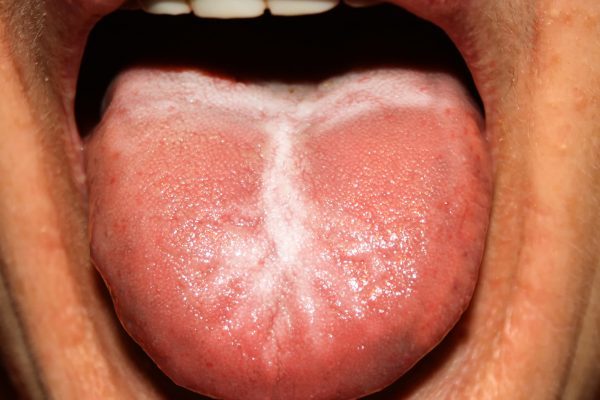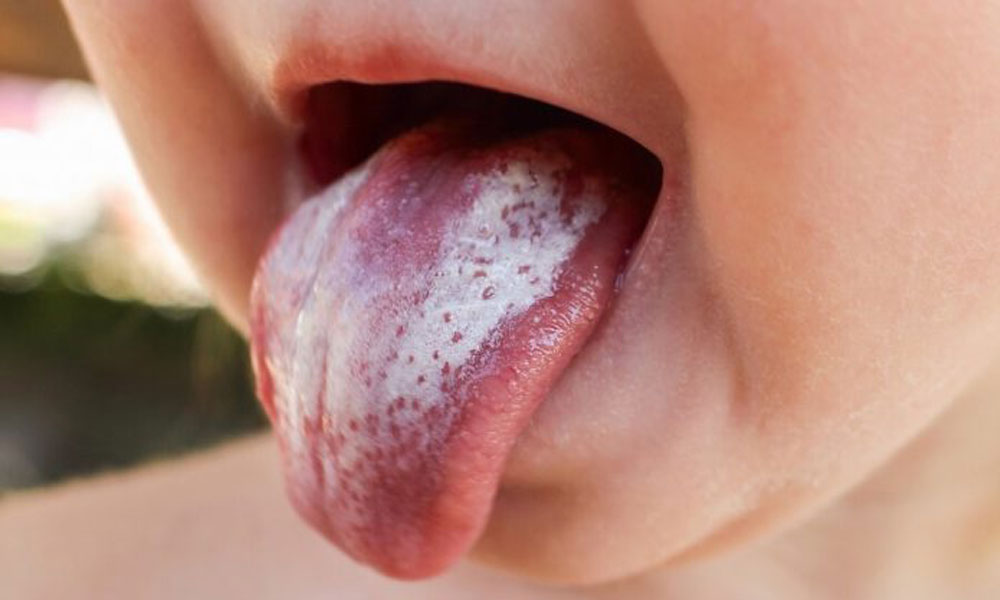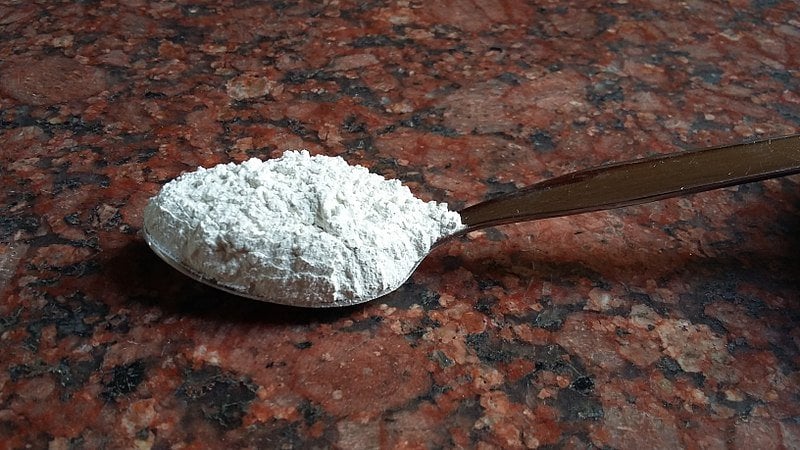Mucosal Candidiasis or simply Oral thrush is a form of candidiasis where the mouth and throat are affected due to overgrowth of fungus. It is caused by Candida which is actually a form of yeast society in the human body. In most cases, it is present in the body and controlled by the immune system and other friendly bacteria, and hence, can turn into an infection when it grows out of control due to specific reasons.
It is important therefore for anyone suffering from this ailment to know the signs and to know what causes the condition known as oral thrush. Those individuals who require treatment should get one from a dental office in Fontana since they are experts in handling patients.
What are the signs or indications that you should look out for in order to tell that you are infected with Oral Thrush?
Some of the signs experienced in oral thrush include the following. The first and probably the most frequent symptom is the development of creamy white patches on the surface of the tongue, on the lining of the cheeks, the gums or tonsils, or on the roof of the mouth.
These patches may be slightly elevated and/or may be sore or painful, mainly when swallowing or chewing. Sometimes, the scraped areas may even discharge some discolored blood for some time. Besides, people may have a look of redness or inflammation, a cotton-like feeling felt on the tongue or the rest of the mouth, the ability to taste things reduces or is lost completely and those patients with a burning sensation when they take foods that are acidic or spicy. For those using dentures, they may feel a crack at the corners of the mouth.
What Causes Oral Thrush?

Knowledge of the causes of oral thrush may be useful in controlling the development of this problem. The main causes of the overgrowth of Candida include: A compromised immune system by its nature resulting from diseases such as HIV/AIDS, cancer, or diabetes makes a person vulnerable to the illness.
It is also indicated that some drugs which include antibiotics, corticosteroids, and immunosuppressants result in the altered balance of microorganisms in the mouth hence disallowing the suppressing of Candida organisms.
Further, conditions that cause dryness of the mouth including Sjogren’s syndrome or use of medications that have side effects of causing dry mouth will promote the growth of yeast. Others include poor oral hygiene, smoking, and having the wrong dentures were as well seen as types of risks.
What Measures Can One Take to Prevent Oral Thrush?
Measures that could be taken to prevent oral thrush include; In addition to these measures, the patient also needs to make certain lifestyle changes. Visits to the dentist for check-ups and cleaning help the dentist notice any early signs of trouble in the mouth.
Tooth brushing and flossing together with the use of an antimicrobial mouthwash will also help prevent the occurrence of an infection. In the case of ISD, simple gargling might help stop the anti-inflammatory drug from upsetting the balance of microorganisms in the mouth.
Proper delivery of health services in the management of such conditions such as diabetes is also crucial to patients’ overall well-being. Thus, non-smoking and having less consumption of sugars may help in avoiding the conditions suitable for Candida growth.
Conclusion
Identifying the signs of oral thrush and knowing the factors that give rise to it is important when searching for treatment. Since the condition is fairly prevalent, people should adhere to the recommended preventative care strategies as well as proper oral hygiene to lower their chances of getting it.




